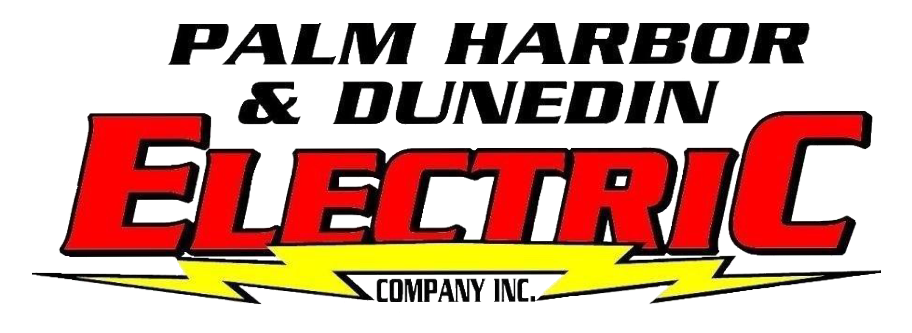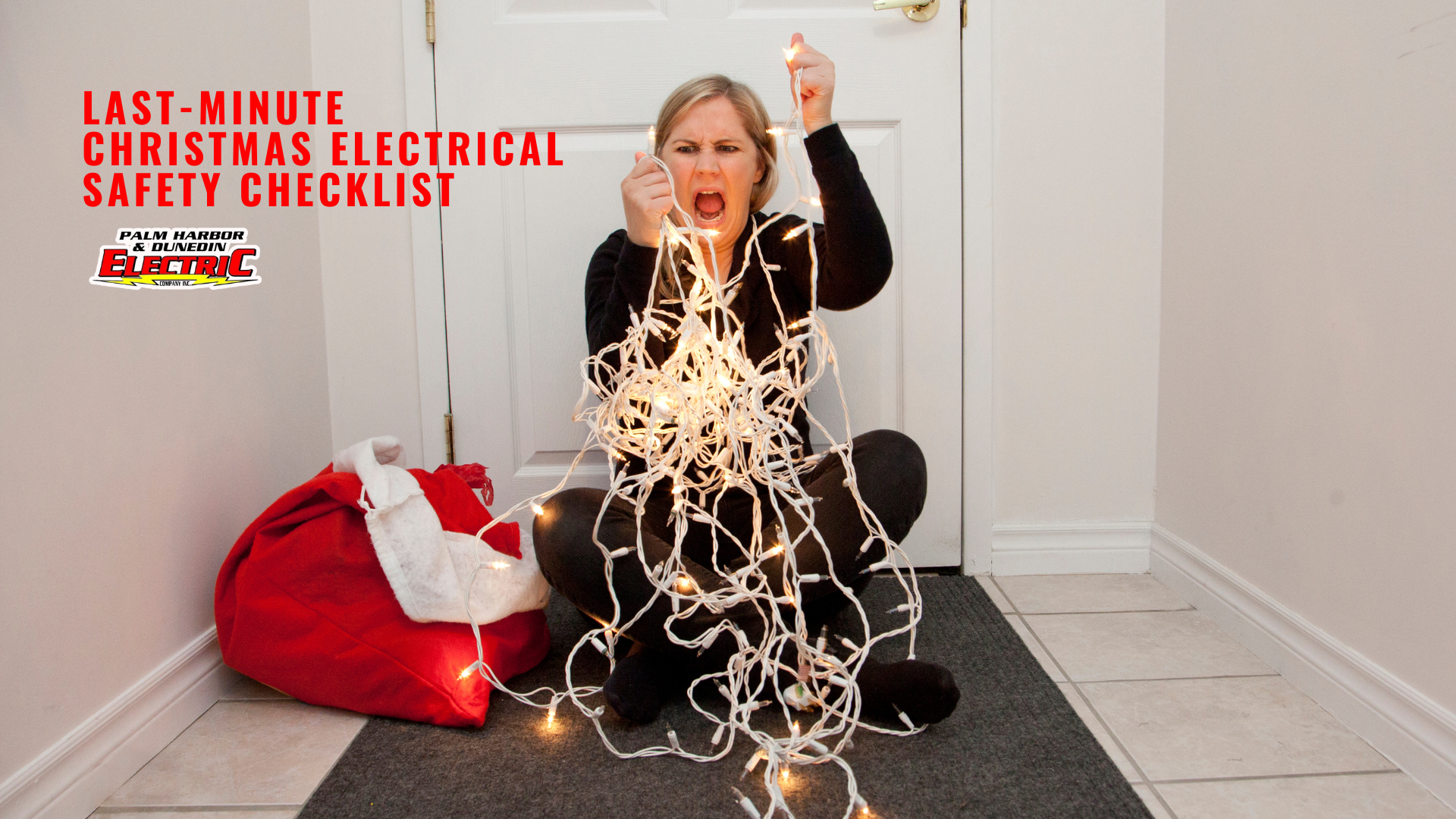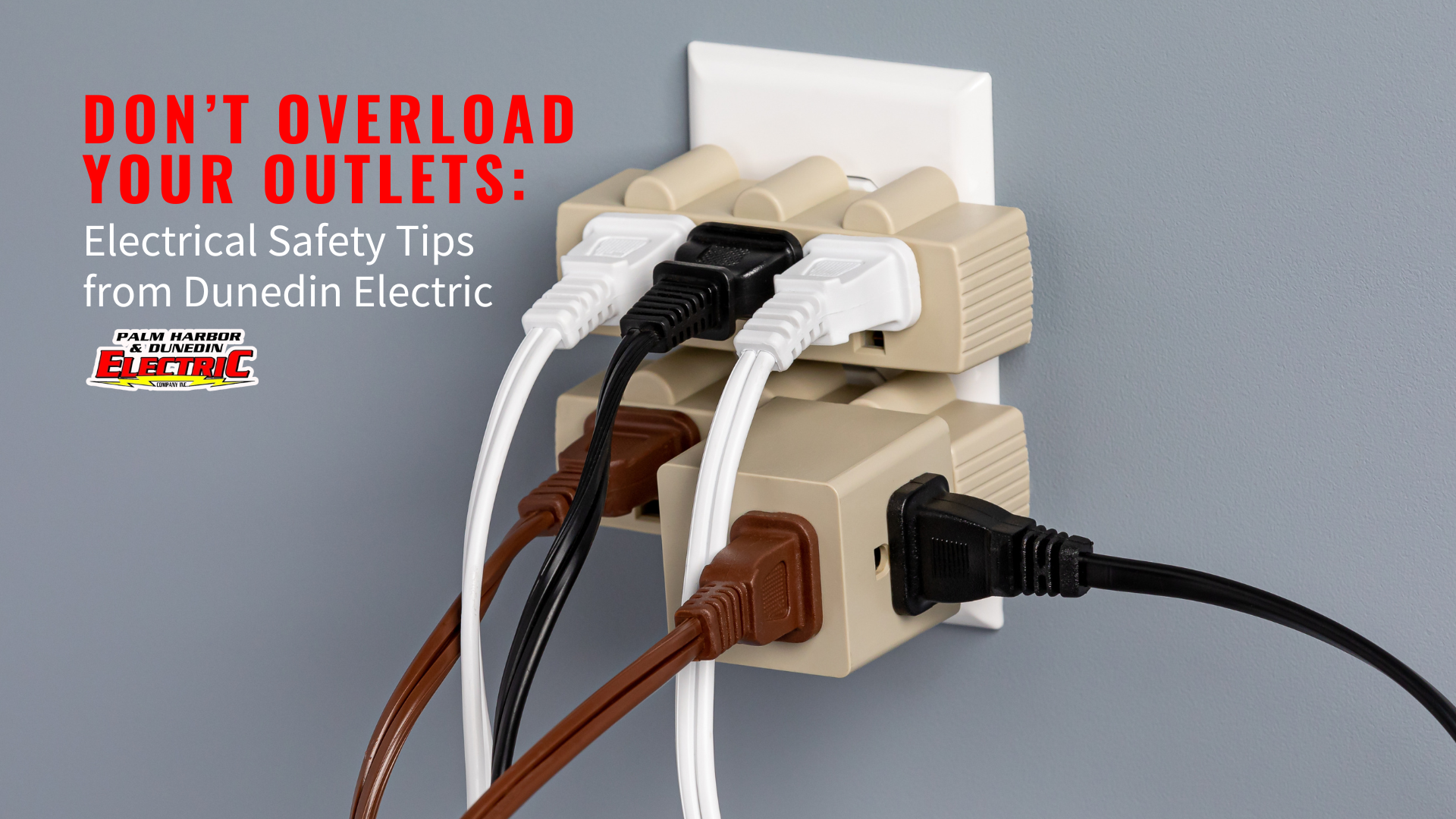Blown Fuses at Home
Understanding and Dealing with Blown Fuses at Home
The Mystery Behind Blown Fuses
In the realm of home maintenance, few issues can be as perplexing as a blown fuse. Picture this: you're in the middle of watching your favorite TV show, or perhaps you're busy preparing a gourmet meal when suddenly, the lights go out. Frustration sets in as you fumble in the darkness, wondering what could have caused this abrupt interruption. Blown fuses are a common household woe, and understanding their root causes is the first step towards regaining control of your home's electrical system.
Signs of a Blown Fuse
When a fuse blows, it can leave you in the dark—both literally and metaphorically. Recognizing the signs of a blown fuse is crucial in swiftly resolving the issue. Dimming lights,
non-functional outlets, or the complete absence of power to specific areas of your home are telltale signs that a fuse has called it quits. Understanding these signals empowers homeowners to take prompt action and restore normalcy to their living spaces.

Steps to Respond to a Blown Fuse
If you suspect a blown fuse in your house, follow these steps to safely address the issue:
- Safety first: Before doing anything, ensure your safety. Turn off all appliances and lights in the affected area.
- Locate the electrical panel: Find your home's electrical panel or fuse box. This is usually in the basement, garage, utility room, or a similar location. It may also be in an outdoor enclosure.
- Identify the blown fuse: Examine the fuses or circuit breakers in the panel. A blown fuse will usually have a visibly broken filament, or a tripped circuit breaker will be in the "off" position.
- Turn off the main switch: Before replacing a fuse or resetting a breaker, it's a good idea to turn off the main switch to ensure the entire panel is de-energized.
- Replace the fuse or reset the breaker: If you have a blown fuse, replace it with one of the same amperage. If you have a tripped circuit breaker, switch it back to the "on" position. Always use caution and follow safety guidelines.
- Investigate the cause: After restoring power, turn on one appliance or light at a time to see if the problem reoccurs. If the fuse blows again or the breaker trips, there may be an issue with the wiring or an appliance. In this case, it's advisable to consult with a qualified electrician to diagnose and fix the problem.
- Seek professional help if needed: If you are not comfortable or familiar with electrical work, or if the issue persists, it's essential to contact a licensed electrician. Working with electricity can be dangerous, and it's crucial to prioritize safety.
Remember, if you are unsure about any aspect of dealing with electrical issues, it's always best to seek professional help to ensure the safety of you and your home.
The Power of Expertise
While DIY fixes may suffice for minor electrical issues, a blown fuse should signal the importance of professional intervention. Calling upon the expertise of seasoned electricians like Palm Harbor & Dunedin Electric guarantees a thorough assessment of your electrical system. These professionals possess the knowledge to identify underlying problems that may have caused the fuse to blow in the first place. In matters of electrical safety, the investment in a professional touch far outweighs the risks associated with amateur troubleshooting.
Trust Dunedin Electric with Your Electrical Needs
When it comes to the complexities of your home's electrical system, trust is paramount. Dunedin Electric stands as a beacon of reliability, offering skilled electricians ready to tackle the challenges of blown fuses and beyond. Don't let electrical woes cast a shadow over your home—call Dunedin Electric at 727.773.1622 and schedule an appointment today.
















